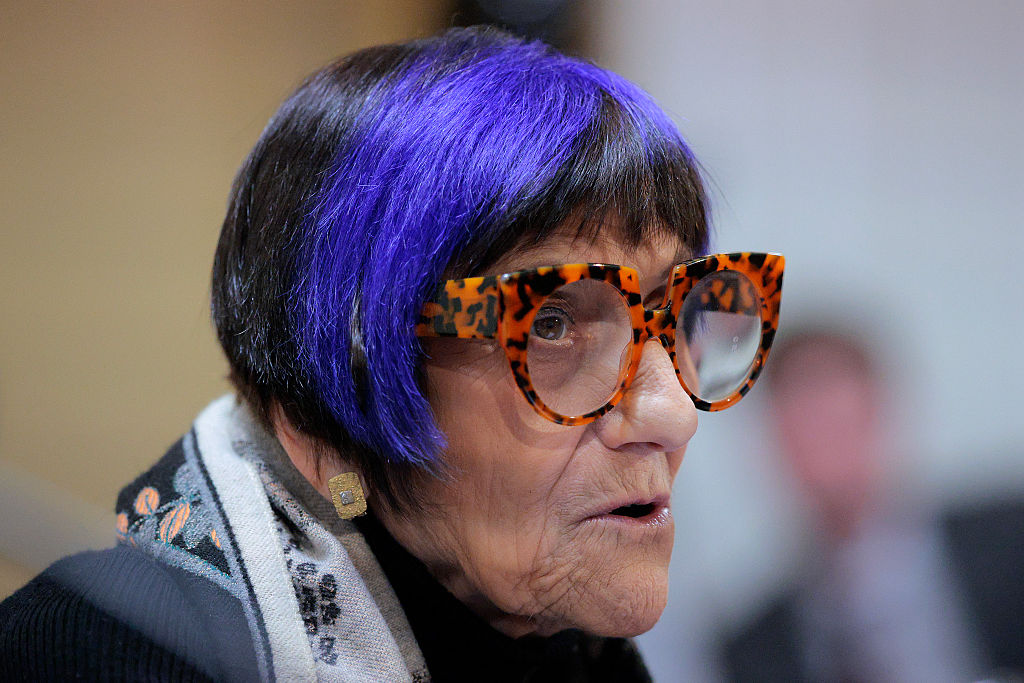
Catholic U.S. House Democrats cited Church teaching in defense of the dignity of migrants as Trump administration officials defend immigration enforcement.
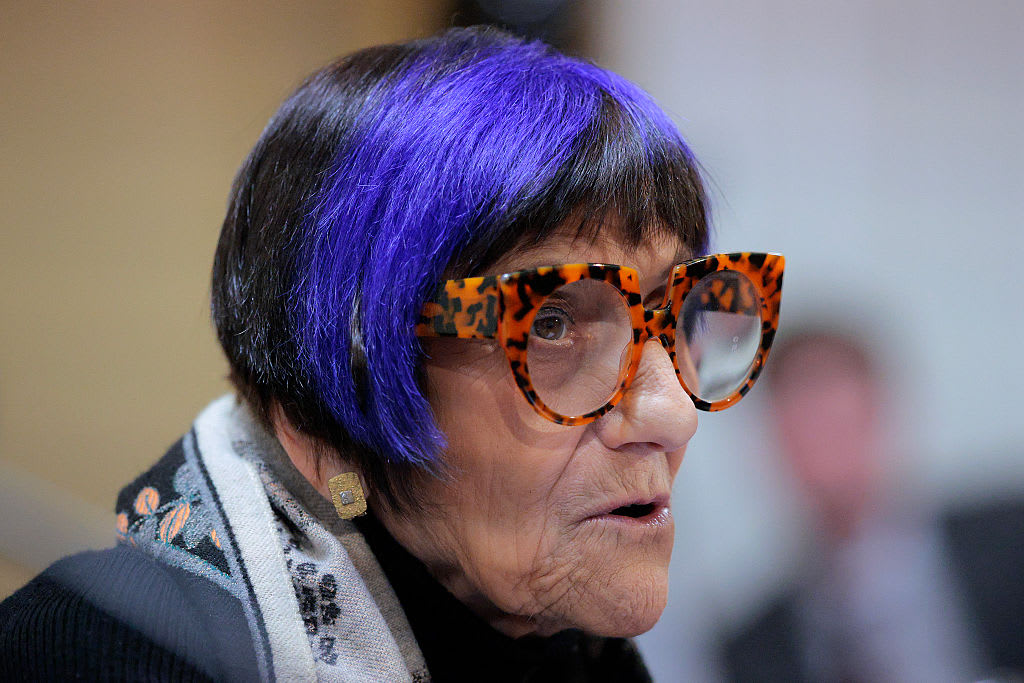

Catholic U.S. House Democrats cited Church teaching in defense of the dignity of migrants as Trump administration officials defend immigration enforcement.

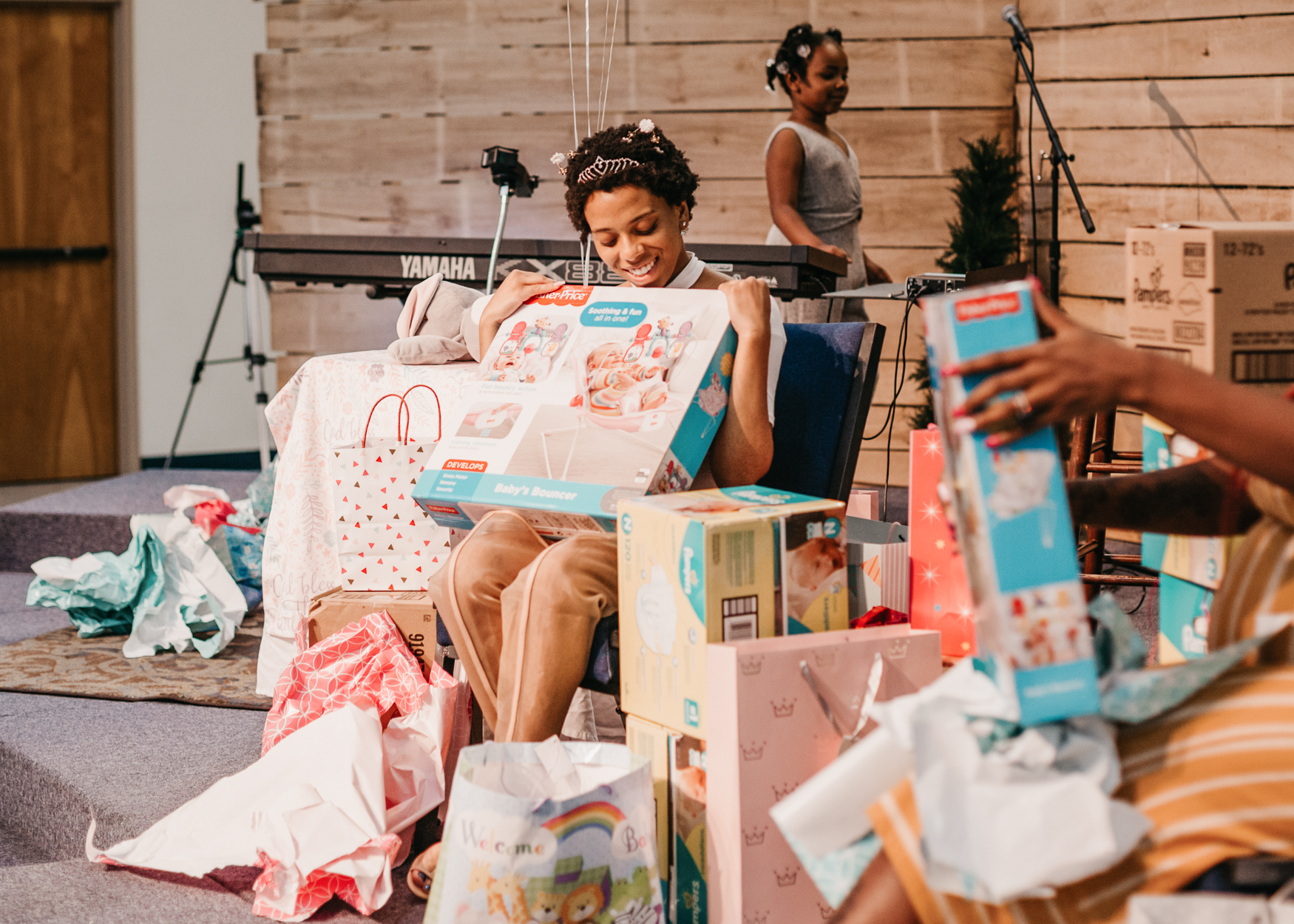

Jan 18, 2026 / 06:00 am (CNA).
Amy Ford was 19 years old when she found herself with an unplanned pregnancy. Scared and thinking her life and dreams were over, she attempted to get an abortion but was unable to go through with it.
Ford and the baby’s father turned to their church for support and received none. The experience led her to create Embrace Grace, a nonprofit that provides support and community through local churches for pregnant mothers in need.
Ford told EWTN News that she thought “my life was over, my dreams were over, that my parents were going to hate me.” She said she thought she would end up homeless.
“The father of the baby felt the same way and we just thought we could have an abortion and maybe that’s a quick fix and we’ll just deal with the consequences of a broken heart later. And even though we grew up knowing abortion was wrong, we just kind of went into this mode of trying not to feel anything,” Ford recalled.
So, she went to an abortion clinic. As the nurses explained what they were going to do during the procedure, Ford began to hyperventilate and passed out. She was told she was “too emotionally distraught” to make a decision and that she could go back to the abortion clinic another day.
As she walked into the waiting room, she told the baby’s father that she was still pregnant. At that moment, the two decided they would keep the child. The high school sweethearts knew they wanted to get married one day; they just didn’t expect to have a child before marriage.
The two went to an evangelical pastor whom they knew personally to ask him if he could marry them.
“He said, ‘No, I’m sorry, because you sinned I will not bless this marriage,’” Ford shared.
The couple found another pastor to marry them and got married when Ford was 16 weeks pregnant. They tried going back to their church after that but it was “the elephant in the room” — others changed how they interacted with them and they decided to stop attending church for a period of time.
Ford and her husband welcomed their son — who is now 27 years old and also works in the pro-life movement — and have been married for 27 years, welcoming three more children after their firstborn.
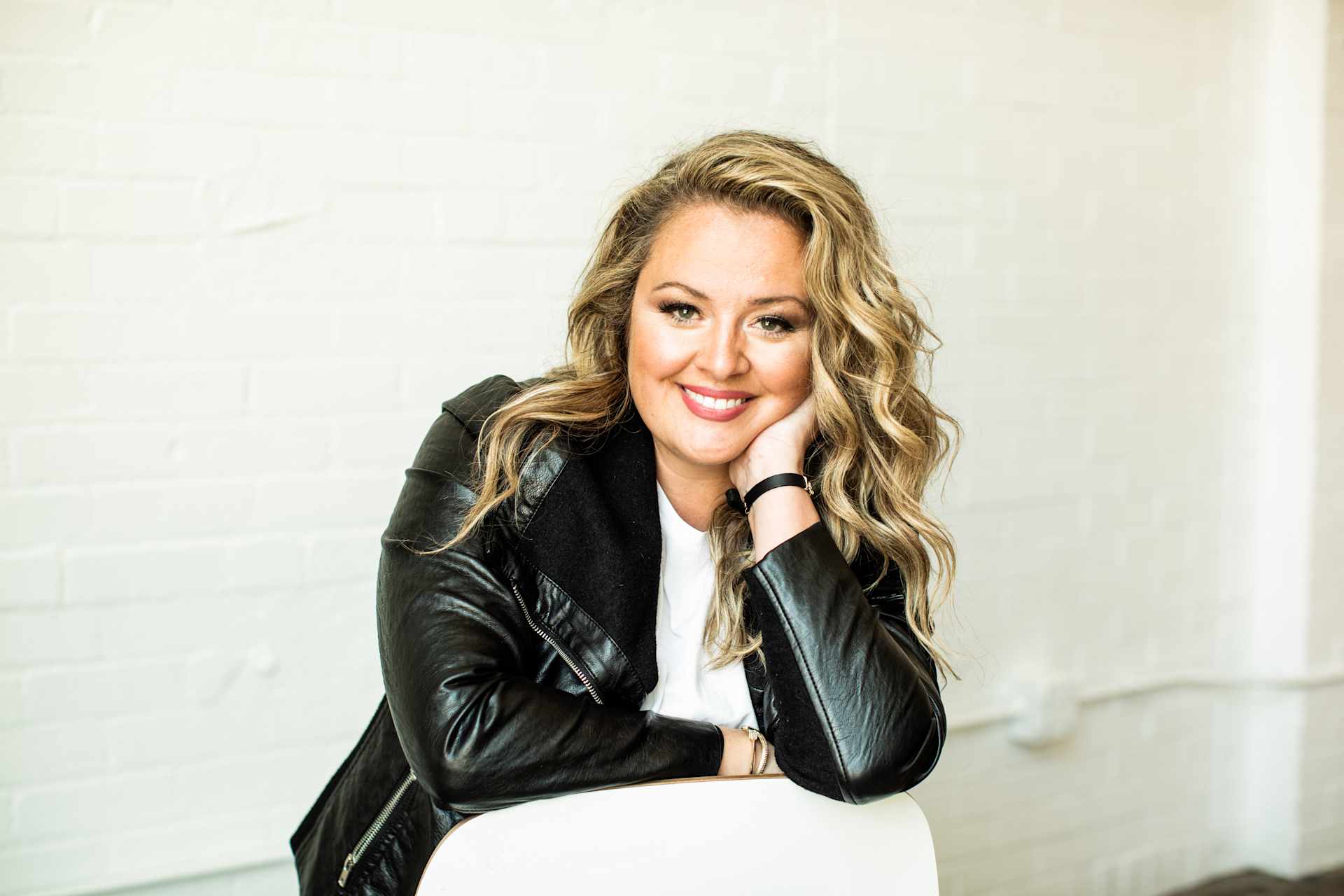
Looking back at her experience, Ford felt called to help women who found themselves in these situations, not sure where to go, and weren’t aware of the resources available to them. So she started a small group at her church for women who were experiencing an unexpected pregnancy.
Ford admitted that back then she didn’t know what a pregnancy center was or what the pro-life movement was.
“If someone would have said, ‘I work in the pro-life movement,’ I would have assumed that meant picketing because that’s the only thing the media shows,” she admitted. “I didn’t know what a pregnancy center was even when I started Embrace Grace, the group. I didn’t know anything about it. So, I never thought, ‘I’m starting a pro-life group.’ That wasn’t even on my mind. I just wanted to start a small group for women that have unexpected pregnancies.”
In 2008 Ford hosted her first group, which was made up of three women who met at a local church in the Dallas-Forth Worth area. After meeting for 12 weeks as a group, “they didn’t even seem like the same person by the end of it,” Ford recalled.
“They had completely transformed. They were empowered as women to be the moms that God created them to be.”
After the first group, Ford held another Embrace Grace session, and another and another. With each passing session, more and more young women were attending and slowly more and more churches were getting involved.
Today, Embrace Grace is in over 1,200 churches across the country — mostly in evangelical, Baptist, and Catholic churches.
A woman who joins an Embrace Grace group goes through a 12-week curriculum that aims to help her experience healing and remind her of who God made her to be as a daughter of God and a mother. Additionally, the church hosting the group throws each woman a baby shower.
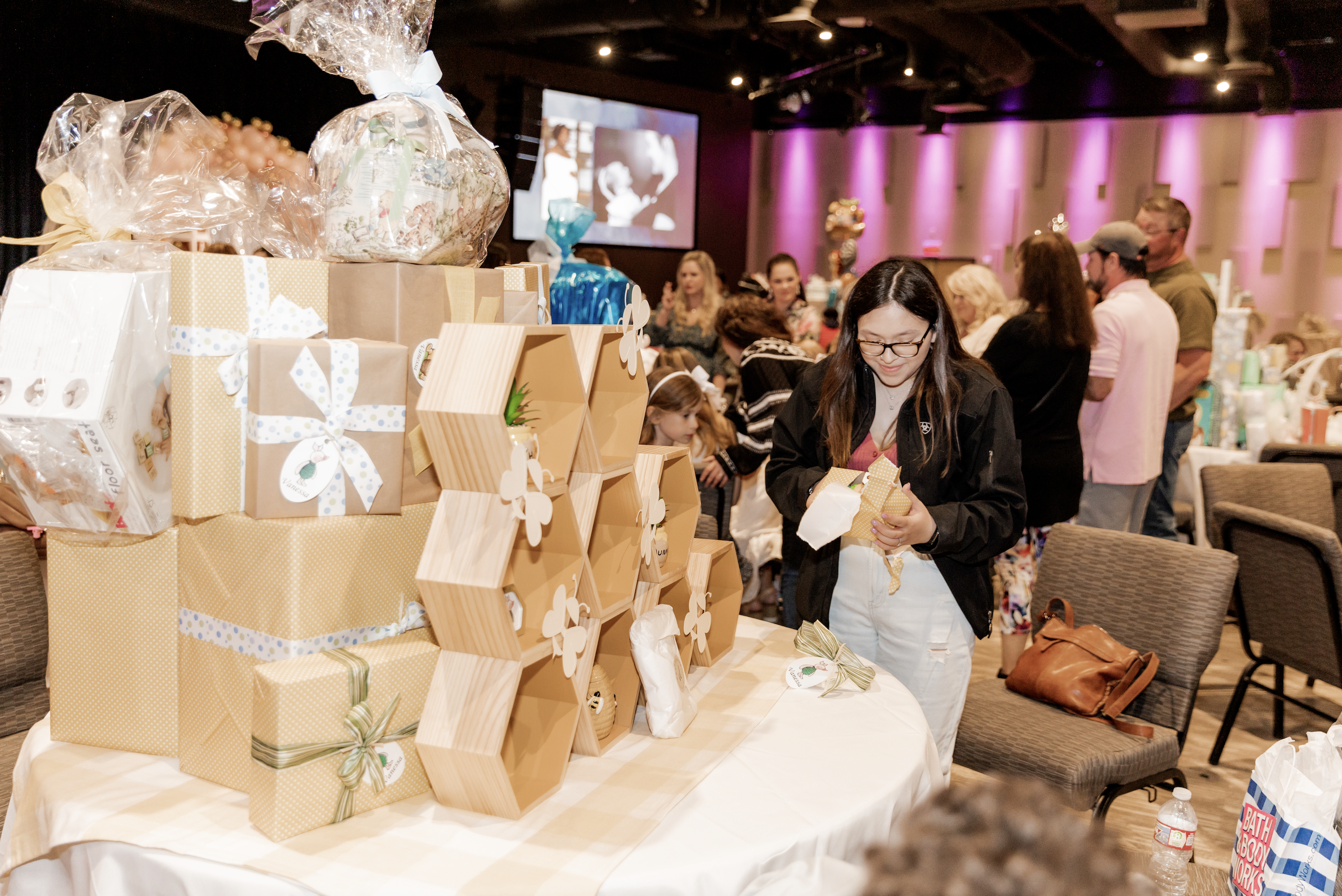
Embrace Grace also has two other programs: Embrace Life and Embrace Legacy.
Embrace Life is a 20-week program that teaches the women more practical skills in terms of parenting, the newborn phase and postpartum, how to manage finances, and more. Embrace Legacy is a 12-week program aimed at new or single fathers.
Ford hopes that Embrace Grace serves as a tool of “courage and the bridge to get them actually going to church and raising their kids in the church and being a part of a spiritual family.”
The nondenominational nonprofit also works in partnership with local pregnancy centers that are within a 30-mile radius of a church that hosts an Embrace Grace group by giving them what they call “Love Boxes” to give women who find out they are pregnant and are seeking support. The Love Box contains a onesie with the words “Best Gift Ever,” a book called “A Bump in Life” — which contains 20 testimonies from women who chose life — a journal, a handwritten letter encouraging a new mother, and an invitation to join the local Embrace Grace group.

“Because most pregnancy centers have sonogram machines, that means they’re medical, which means they have HIPAA laws that they have to abide by. So, they can’t just give the church the girl’s name,” Ford explained. “So these Love Boxes are kind of a way, another touch, for the mom to find out more … and that there’s a church that wants to walk alongside you.”
Embrace Grace recently reached a milestone by giving out 150,000 Love Boxes since its launch in 2018.
Looking ahead, Ford’s goal is to be in 23,400 churches. If that number sounds specific, that’s because it is. By using different tools, Ford and her team concluded that if they want every woman who finds herself in an unplanned pregnancy to be able to turn to a church for support, Embrace Grace needs to be in “23,400 churches strategically placed around the United States … so that no mom would ever have to walk alone.”
“We are just putting it out there, trying to partner with as many churches as possible, so that we can make that happen,” she said. “That is our big dream. That that’s what the world would look like — that no mom would have to walk alone and that she would have a church to turn to in her local area.”
“I believe in leading Embrace Grace, we have front-row seats to miracles.”
Read More
| Picture of the day |
|---|

|
|
“Plate Dance” (Tari Piring) performance from Sumatra (Indonesia) that may include dancing on broken plates and ‘face washing’ with plate shards.
|